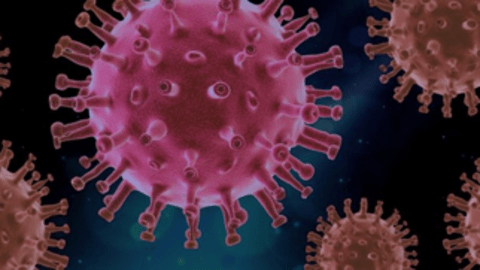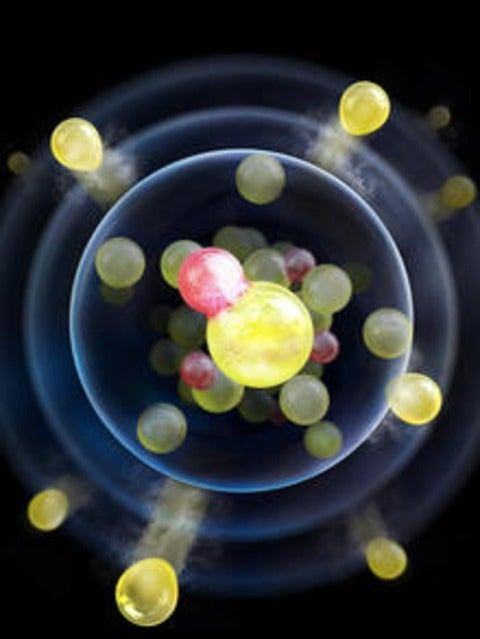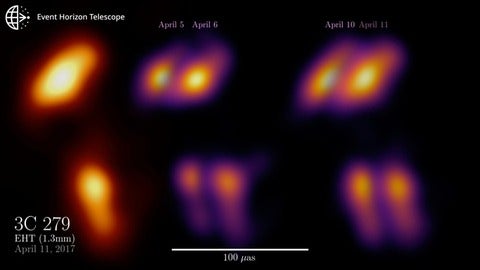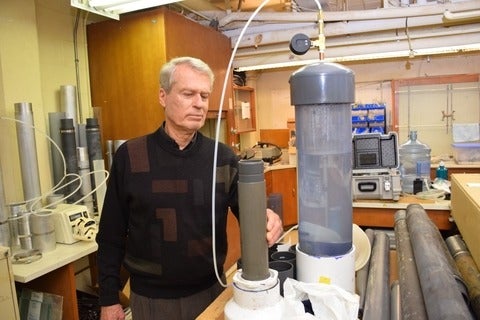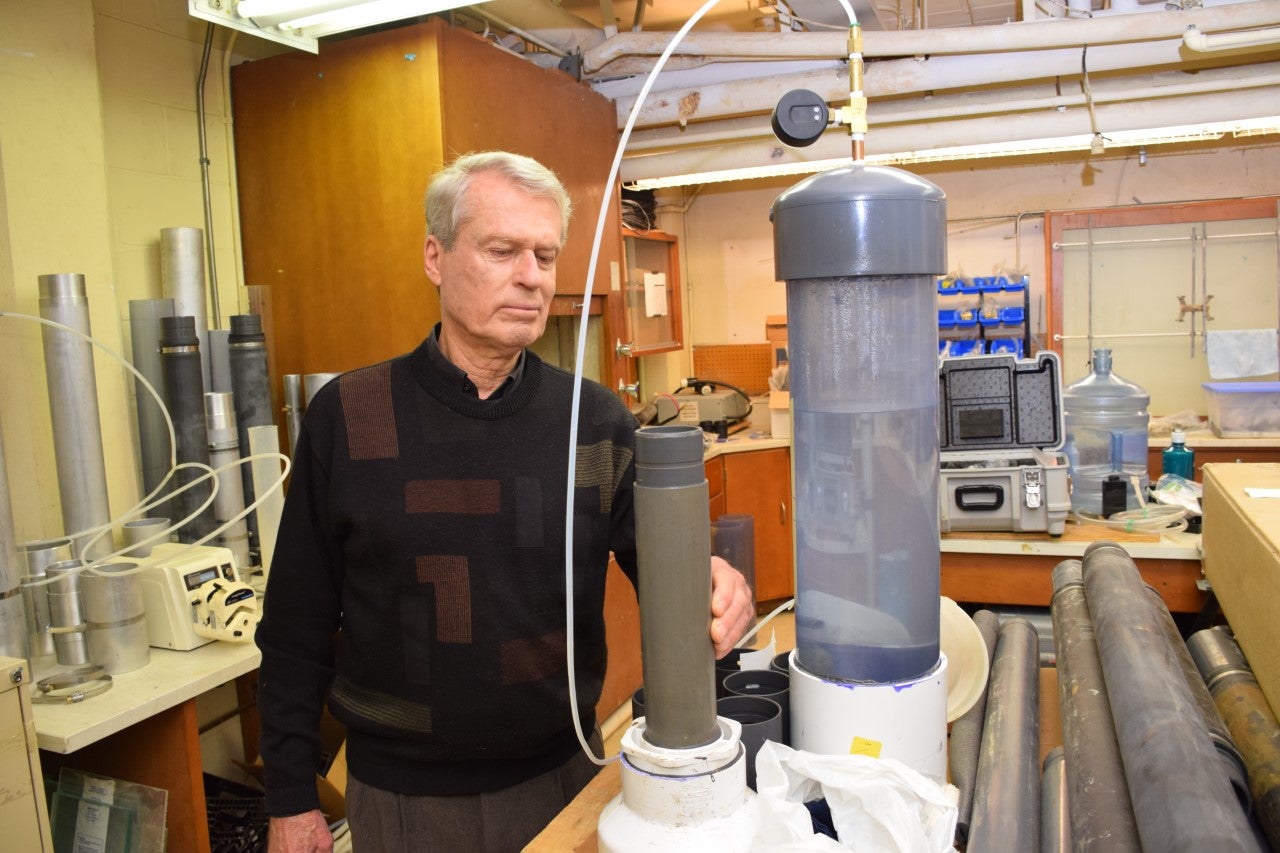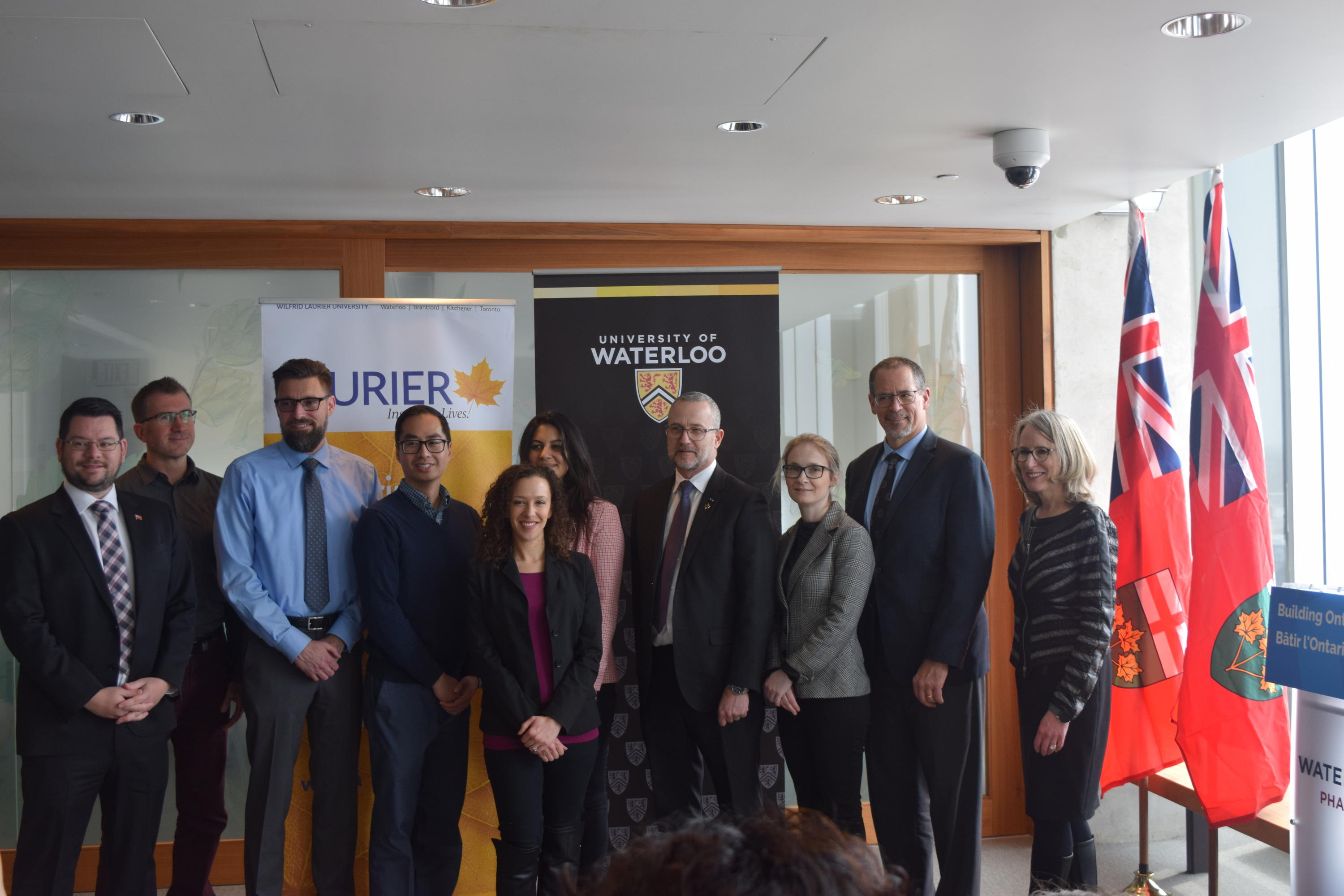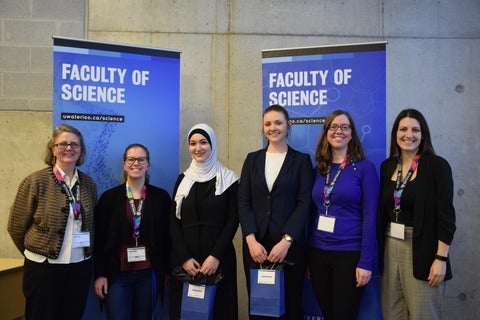University of Waterloo pharmacy researchers developing DNA-based COVID-19 vaccine
Researchers at the University of Waterloo are developing a DNA-based vaccine that can be delivered through a nasal spray.
The vaccine will work by using engineered bacteriophage, a process that will allow the vaccine to stimulate an immune response in the nasal cavity and target tissues in the lower respiratory tract.
